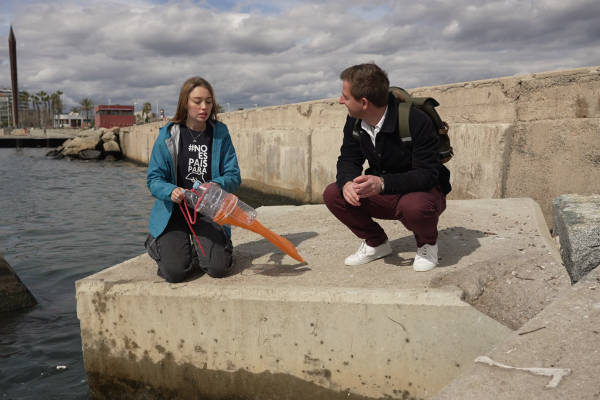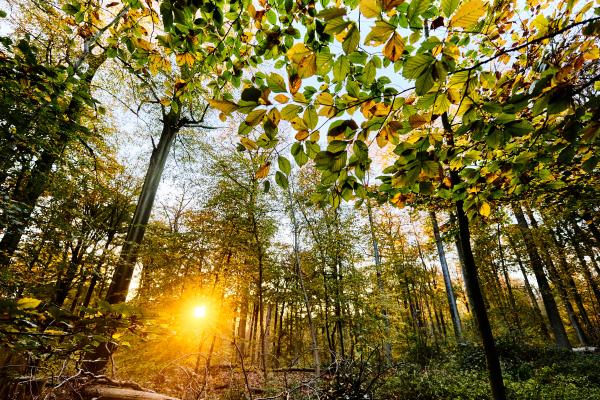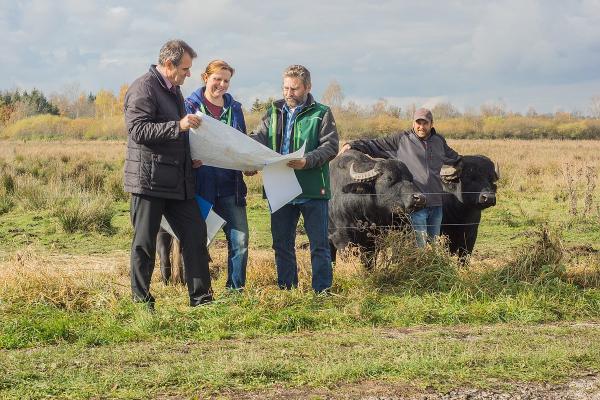The EU’s biodiversity strategy for 2030 is a comprehensive, ambitious and long-term plan to protect nature and reverse the degradation of ecosystems. The strategy aims to put Europe's biodiversity on a path to recovery by 2030, and contains specific actions and commitments.
It is the proposal for the EU’s contribution to the upcoming international negotiations on the global post-2020 biodiversity framework. A core part of the European Green Deal, it will also support a green recovery following the Covid-19 pandemic.
Objectives
The biodiversity strategy aims to put Europe’s biodiversity on the path to recovery by 2030 for the benefit of people, climate and the planet.
In the post-COVID-19 context, the strategy aims to build our societies’ resilience to future threats such as
- the impacts of climate change
- forest fires
- food insecurity
- disease outbreaks - including by protecting wildlife and fighting illegal wildlife trade
Actions
The strategy contains specific commitments and actions to be delivered by 2030.
Establishing a larger EU-wide network of protected areas on land and at sea
The EU will enlarge existing Natura 2000 areas, with strict protection for areas of very high biodiversity and climate value.
Launching an EU nature restoration plan
Through concrete commitments and actions, the plan is for EU countries to put in place effective restoration measures to restore degraded ecosystems, in particular those with the most potential to capture and store carbon and to prevent and reduce the impact of natural disasters.
As part of this plan, the Commission proposed the EU’s first ever Nature Restoration Law which includes an overarching restoration objective for the long-term recovery of nature in the EU’s land and sea areas, with binding restoration targets for specific habitats and species.
Introducing measures to enable the necessary transformative change
The strategy highlights unlocking funding for biodiversity, and setting in motion a new, strengthened governance framework to
- ensure better implementation and track progress
- improve knowledge, financing and investments
- better respecting nature in public and business decision-making
Introducing measures to tackle the global biodiversity challenge
These measures will demonstrate that the EU is ready to lead by example to address the global biodiversity crisis. In particular, working towards the successful adoption of an ambitious global biodiversity framework under the Convention on Biological Diversity.
Implementation
Two online tools track progress in implementing the strategy
- an online actions tracker provides up-to-date information on the state of implementation of the strategy’s many actions
- a targets dashboard shows progress to the quantified biodiversity targets set by the Strategy, at the EU level and in the Member States
- 21 November 2023Commission adopts proposal for a Regulation establishing an EU forest monitoring framework
- 5 July 2023Commission adopts proposal for a Soil Health Law
- March 2023Commission publishes two sets of guidelines on forests
- January - April 2021Public consultation on nature restoration targets
View the public consultation here.
- 18 September 2020European Economic and Social Committee adopts Opinion on EU biodiversity strategy for 2030
- 20 May 2020Publication of the EU biodiversity strategy for 2030



